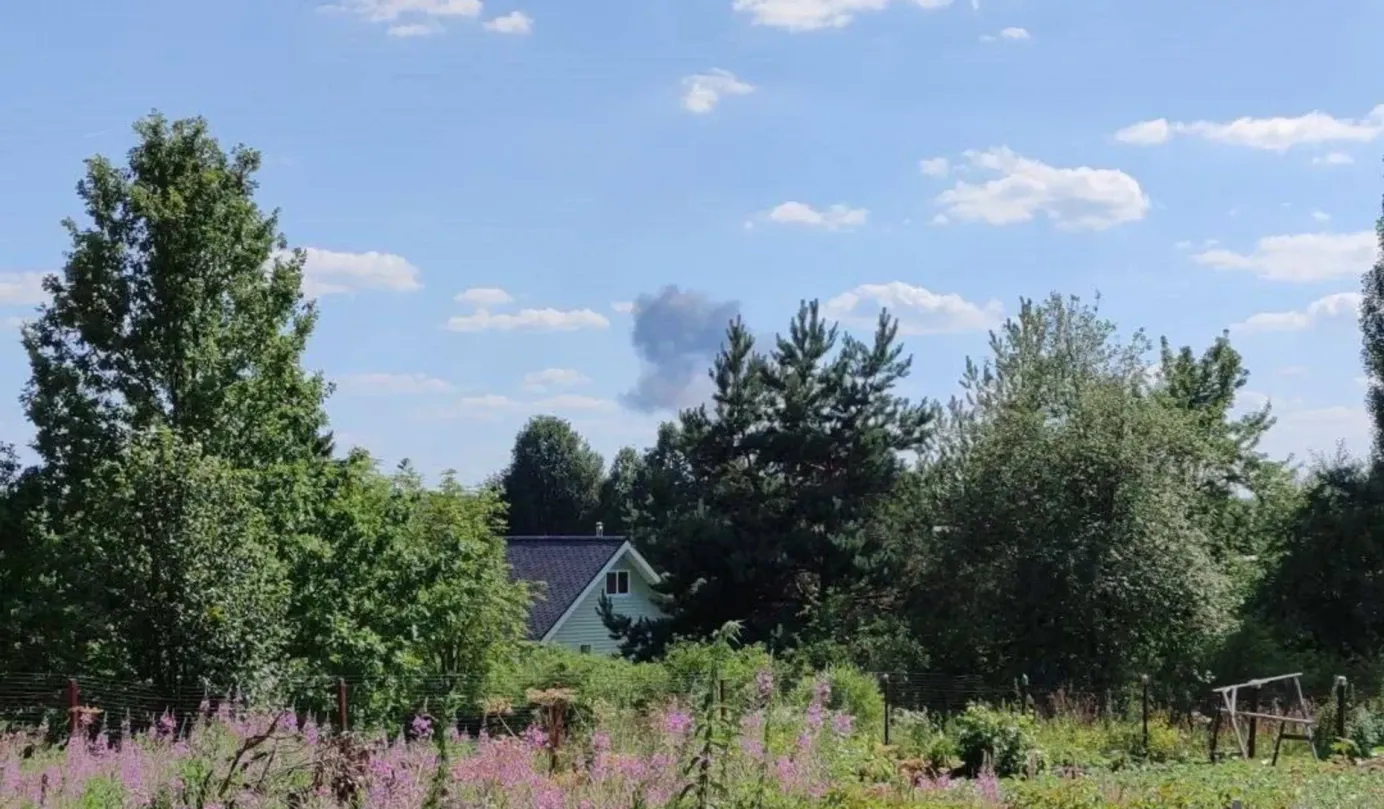
How Putin's economic aide cherry-picks data for his reports
Maxim Oreshkin, Vladimir Putin’s economic aide, gave a major interview to the Moskovsky Komsomolets tabloid last week, in which he spouted figures showing that all is well in the Russian economy. He rarely resorted to using outright lies to make his argument, but he did cherry-pick and manipulate some key data points. What’s most noteworthy from the interview is that it probably reflects how Oreshkin presents his regular economic reports to President Vladimir Putin.
- The interview was Oreshkin’s second major media appearance in recent months. In August, as the ruble plunged past 100 against the dollar, he wrote a column for the Tass news agency in which he indirectly blamed central bank chief Elvira Nabiullina for the devaluation of the national currency. This time round, he spoke to Moskovsky Komsomolets, a tabloid newspaper popular with Russian pensioners — a choice that fits with a new Kremlin tradition of appealing to the older generation through the more widely read tabloid press (Security Council Secretary Nikolai Patrushev, for example, gives his major interviews to rival tabloid Argumenty i Fakty), and can also be seen as preparation for the upcoming presidential election.
- Although the publication is loyal to the Kremlin, the interview was not entirely uncontroversial — the reporter asked Oreshkin about inflation, chronic labor shortages, the military imbalance in the economy and other thorny issues. But the Putin aide tackled each with confidence. To prove that “all is well in the Russian economy,” he immediately cited the country’s record low unemployment rate. This is a typical manipulation of the figures — low unemployment reflects serious labor shortages at a time when the government is rapidly increasing military spending. Most experts in fact seethis imbalance as a key sign of an unhealthy economy, not a source of strength. The rapid rise in inflation that Russia has seen lately is a direct result of the shortage of workers. Politically, however, talk of low unemployment and higher salaries plays well with voters.
- Oreshkin’s other key messages were based on similar statistical sleight of hand. On high inflation, he said that only certain things had become more expensive, such as cars and some food products, so people think that prices are going up when in reality this isn’t the case. On the transition of Russia’s economy onto a military footing, he agreed that this was happening, but argued it was a good thing — thanks to its defense sector, “Russia will become stronger in terms of technological development,” he said. And so on. In some cases, Oreshkin could have referred to genuine good news. It’s true that the Russian economy is currently growing at 5% on an annual basis — albeit from a low base in 2022. On some occasions, he resorted to outright lies to make his point: for example, Oreshkin claimed that Russia’s consolidated budget “shows a surplus.” In reality, according to the latest official figures the budget deficit is 0.8% of GDP and the Finance Ministry expects it to be around 1%.
- Oreshkin also touched on the international and geopolitical consequences of the global macroeconomic situation. Growth in the EU is flatlining, there are serious problems in industry and its infrastructure is in decline, Oreshkin claimed. Against this background, “it is absolutely clear that economic growth is now found in Asia” — to which Russia is now turning.
- The crowning achievement of Oreshkin’s misdirection in the interview was his response to a question about whether the Kremlin was planning to effectively bribe voters with public funds in the run-up to the March 2024 presidential election, and then hit them with bad news after polling day. In 2018, for example, Russia announced a highly controversial five-year increase to the pension age shortly after the vote. “Russia compares favorably with other European countries, which you call democracies,” Oreshkin said. “There, the planning horizon is short. The main thing is to get through to the next election and then, after that, the grass doesn’t grow. We all know that President Putin’s planning horizon is not three months, a year, or even five years. He looks decades ahead, generations ahead.”
Why the world should care:
Oreshkin is Putin’s main economic adviser and his interview is the most reliable way to understand what the president is being told about his country’s economy. Based on what Oreshkin shared publicly, it seems that Putin’s view of the economic situation in the country is, at best, the result of embellishment, if not outright falsification.




